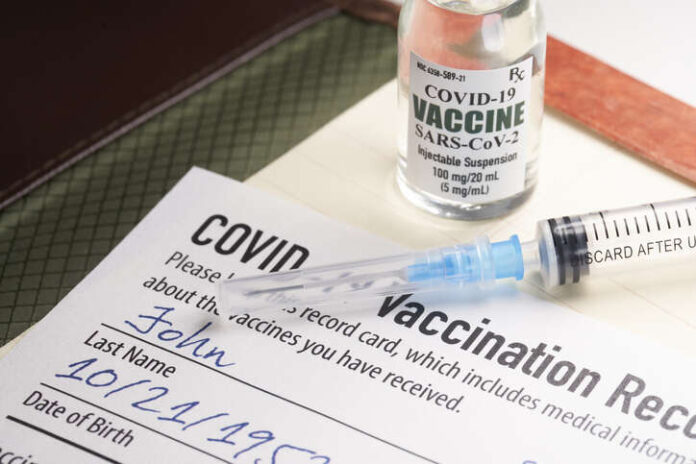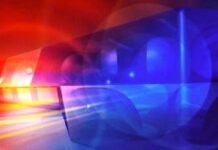Got your COVID-19 vaccine? Great job! But don’t share a photo of your vaccination card on social media. The self-identifying information on it makes you vulnerable to identity theft and can help scammers create phony versions.
What to watch out for:
You got your COVID-19 inoculation, and you are excited to share the good news and encourage others to do the same. You take a selfie holding your vaccination card and post it to Facebook, Instagram, or another social media platform.
Unfortunately, your card has your full name and birthday on it, as well as information about where you got your vaccine. If your social media privacy settings aren’t set high, you may be giving valuable information away for anyone to use.
Sharing your personal information isn’t the only issue. Scammers in Great Britain were caught selling fake vaccination cards on eBay and TikTok. It’s only a matter of time before similar cons come to the United States and Canada. Posting photos of your card can help provide scammers with information they can use to create and sell phony ones.
Share safely on social media:
- Share your vaccine sticker or use a profile frame instead. If you want to post about your vaccine, there are safer ways to do it. You can share a photo of your vaccine sticker or set a frame around your profile picture.
- Review your security settings. Check your security settings on all social media platforms to see what you are sharing and with whom. If you only want friends and family to see your posts, be sure that’s how your privacy settings are configured.
- Be wary of answering popular social media prompts. Sharing your vaccine photo is just the latest social trend. Think twice before participating in other viral personal posts, such as listing all the cars you’ve owned (including makes/model years), favorite songs, and top 10 TV shows. Some of these “favorite things” are commonly used passwords or security questions.
For more information
For more information about privacy concerns on social media, see BBB’s Scam Alert on Facebook quizzes and like farming.
BBB has identified many ways in which scammers are cashing in the COVID-19 pandemic. Learn more about vaccine scams, clinical trial scams, contract tracing cons, counterfeit face masks, and government agency imposters.
If you’ve spotted a scam (whether or not you’ve lost money), report it to BBB.org/ScamTracker. Your report can help others avoid falling victim to scams. Find more information about scams and how to avoid them at BBB.org/AvoidScams.
Sign up for BBB Scam Alerts to receive weekly notices of emerging scams to avoid.
Read more at http://bit.ly/3allP7e.



























